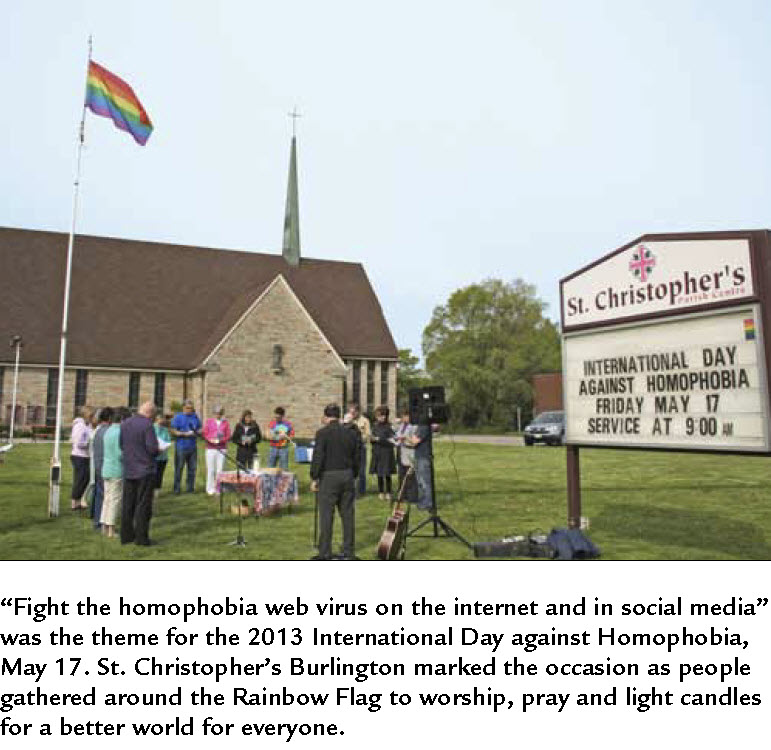I’d never heard of Wonga until today but, thanks to the free advertising provided by Justin Welby, I’ve not only heard of the company but discovered that it now has a Canadian branch.
The Archbishop of Canterbury – eager to set the world to rights, presumably because it looks easier than setting his church to rights – was furious to discover that, having denounced Wonga, the CofE has indirect investments in it; Wonga is a short term loan company with outrageous interest rates.
Investing in Wonga is, according to Anglican lights, not ethical, implying that Wonga itself is not ethical. The reason, I imagine, is Wonga’s interest rates: if you borrow $500 from Wonga and repay it in one month, you will have to repay $600 – 20% interest per month. That is atrociously high; but unethical? Surely it would only be unethical if the actual interest rate were concealed from the hapless borrower until it was time to repay.
When does an interest rate cross the threshold from ethical to unethical? A credit card company’s 1.5% per month is still high but it doesn’t seem to have met the Anglican criterion needed for ritual excoriation.
Justin Welby clearly doesn’t think charging interest on a loan is inherently unethical because he wants to set up credit unions in competition with Wonga. They will still charge interest but they won’t make a profit.
So profit – or capitalism, really – is the enemy.
Here we go again: another Archbishop of Canterbury who hates capitalism.
Like this:
Like Loading...





